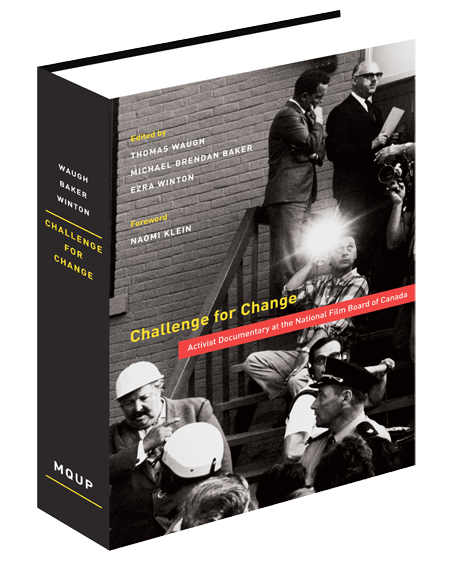Reflections on the Documentary Cinema
In 1981 during a public presentation in Paris at La Cinémathèque Française, Jean Rouch said the following:
“I am an ethnographer and a filmmaker. I have discovered that there is no difference between documentary films and fiction films. The cinema, which is already an art of the double, which presents us with a constant movement from reality to the imaginary, could best be characterized as a cultural configuration which balances between various conceptual universes. In all of this the last thing to worry about is whether reality as such has been lost in the process of creation.”
Lest Rouch be misinterpreted by purists of the documentary genre he went on to say that as a filmmaker he creates the realities he films. He sees himself as a ‘metteur en scène’ as well as someone who has to improvise everything from camera angle to camera movement during the shooting of a film. This process is inspired by the kind of personal choices which inevitably rely upon the imagination of the filmmaker. The key to Rouch's approach here is the role which he sees artifice playing in the construction of any image or as he put it, the way the filmmaking process irrespective of genre is ultimately a sharing of dreams at the level of production and performance. Rouch's statement can be seen as a counterpoint to efforts on the part of documentary filmmakers to overinvest in the realist enterprise. It could also point the way to an examination of why images which “look” real have such a seductive appeal. Most importantly what Rouch suggested is that the image doesn't play as important a role in the production of meaning as filmmakers would like to believe. In much the same manner as Chris Marker in “Sans Soleil,” Rouch's statement questions the place of referentiality within the documentary form and to some degree looks outside of the image for an understanding not only of the message but of its relationship to performance and projection.
*****
In 1986 Richard Leacock, in a piece entitled “Personal Thoughts and Prejudices about the Documentary,” proposed some of the same ideas as Rouch. By the end of his short article, however, he retreats and discusses the documentary as a genre capable of capturing something true and real in the world. The key word for me is capturing. For is that not a crucial component of seduction? To imagine that the 'real' as such is just a sign system waiting to be incorporated as image, suggests a collapse of levels and of difference. The postulate that the real is open to capture can only be made when the filmmaker imagines that he or she is in control of the reality they are filming. They also have to imagine that they will control what the spectator will see. The desire for seduction is in this case is also a desire for others to be seduced.
For the real to appear in a film it must first be subjectively apprehended. This means that “it” exists as the term of a relation, the real only becoming so if a spectator decides to engage in the process. This is a slippery slope and illustrates why a filmmaker may want to “capture” the real as a way of escaping from the contradiction that an image remains just an image irrespective of what is shown.
Notwithstanding what I have just said, the ubiquity of digitally produced images is beginning to redefine the notion that images can never break out of the two-dimensional space that they occupy.

